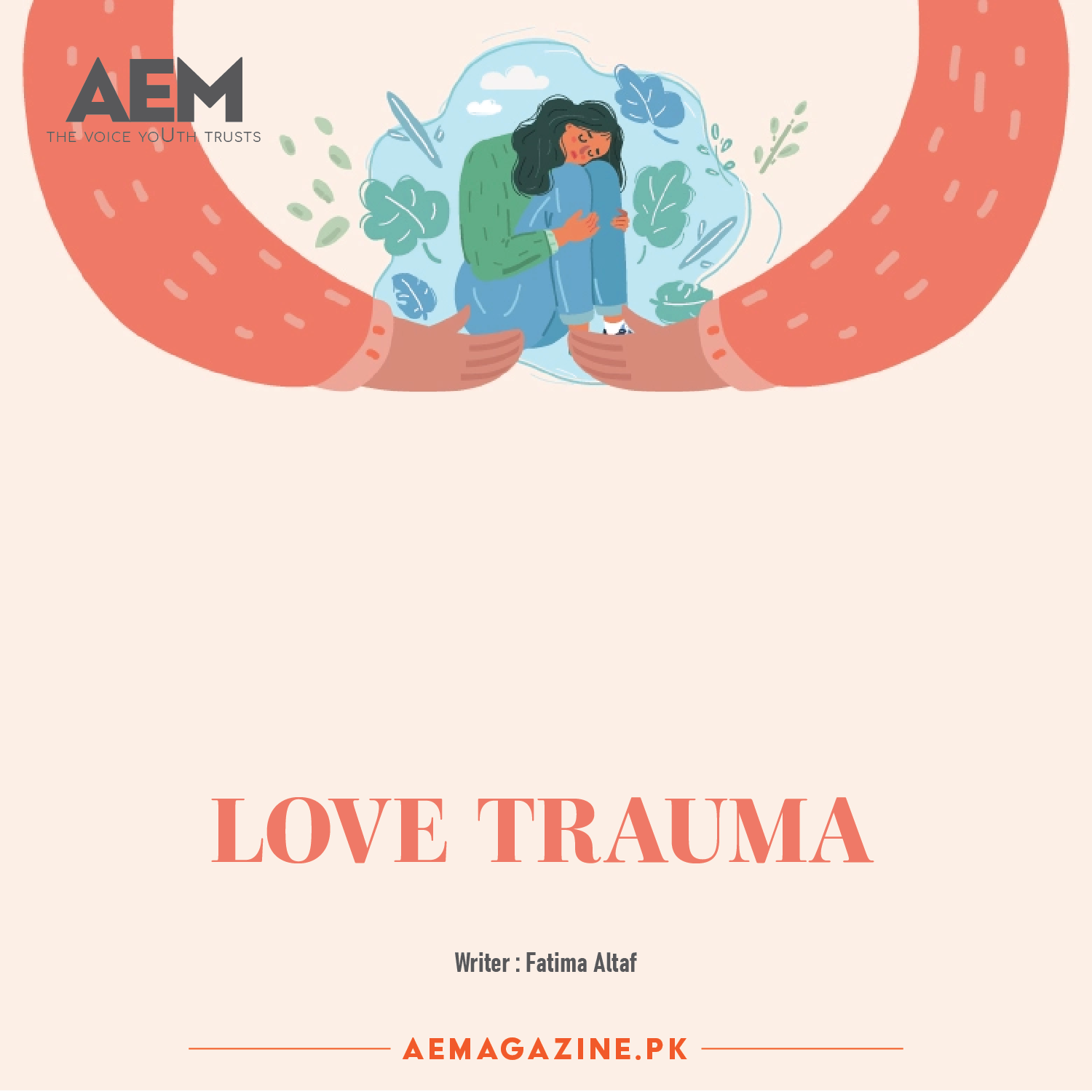
Article by
They have hollows you didn’t create and darkness you don’t deserve.
Toxic relationships are usually addictive in nature and even when they end you feel incomplete or restless till your toxic patterns are replaced with healthy patterns. The foundation of our attachment styles which we carry throughout our life is usually set by our primary caregiver. If our caregivers succeed in providing us the love, attention, security and care we need as a child, we feel secured and attached to them. Our primary sense of security and safety is reached which further helps us to develop safe and secure attachment styles with our romantic partners.
On the contrary if our primary needs of security, love, attention and care are not met, we might end up being insecure and anxious, and with this the probability of getting into a toxic relationship increases.
Now what influence does the secure and insecure brought up have on our adult relationships and how important it is, which mostly in Asian households is highly neglected to provide your child with a secure and non-toxic environment. More to accept the after effects of how the childhood traumas dominate the adult life of the individual. Starting from our nervous system, whatever kind of attachment we are provided as a child either secure or insecure are non as our initial attachments they play their part as norms in our life and become addictive and only known patterns to us. So if we are/were raised in accepting, acknowledging, validating and loving environments, we will never accept the toxicity or abuse in our further relationships which we develop as adults but to know the abusive and toxic relationships it is very important to know and experience healthy relationship because if you have known toxic and chaos all your life you would hardly know the difference, you will choose toxicity over and over again but it will drain you mentally along with creating great disturbances physically. You will unconsciously and anxiously attached to this type of bond.
Toxicity, uncertainty, and insecurity create a negative spiral in the mind, leading to depression and a continuous cycle of negative thoughts, feelings, and actions. Carrying the burden of a toxic relationship can leave you feeling exhausted, avoiding social interactions, and isolating yourself. In a negative environment filled with stress and emotional abuse, you build walls to protect yourself from further harm.
Being treated poorly confuses your brain and damages your self-perception. Confidence in your abilities, dreams, and instincts diminishes without even realizing it. Good mental and emotional health provide inner strength, shielding you from constant distress. If any relationship puts your inner strength and security at risk, it's time to let go. Being in a toxic relationship drains your energy and perpetuates anxiety rather than rejuvenating you.
Studies have shown that toxic relationships increase anxiety and stress disorders, while healthy relationships decrease them. It's crucial to prioritize your well-being and distance yourself from toxic dynamics to foster a healthier and more balanced life.
Study found that toxic relationships increased anxiety and stress disorders, while health relationships decreased anxiety and stress disorders.
Now how toxic relationships are addictive?
When in love, the brain's reward pathway is highly activated, similar to the brain activity seen in addiction. The release of dopamine triggers the brain's reward circuit, signaling pleasure and the desire for repetition. This explains why being in love can feel addictive, whether it's for a person, situation, or event.
In healthy relationships, craving and validation are part of a normal cycle because our partners provide the emotional fulfillment we need. During low moments, they are there to ease our stress. When our partners consistently meet our needs, we do not constantly crave validation. However, in toxic relationships, validation is scarce. Instead, we may experience silent treatment, convenience-based attention, and adherence to the toxic partner's terms and conditions. As the relationship continues, we crave more validation to recapture the emotional high. Unpredictability, red flags, and feeling disconnected are all signs of a toxic relationship that can drive us towards increasingly unhealthy means of seeking validation.
Being attracted to toxic people or being in a toxic relationship does not mean we are bad or insignificant individuals. Rather, it suggests that our unmet needs and unresolved issues from the past are influencing our choices. Our mental health should always be a priority, and we must pay attention to the factors that take a toll on it. Toxic people and relationships are among the main contributors to negative mental health impacts.
Toxicity and negativity reinforce each other, often leading to the erosion of our healthier habits. Feeling bad due to a toxic person in our lives can cause us to neglect self-care routines, sleep patterns, workout schedules, and even personal hygiene. Therefore, we must prioritize our mental, emotional, and physical well-being above all else. We need to be cautious about whom we invest our love, emotions, and time in. Let us never allow our deepest feelings or love to become our deepest wounds, and instead nurture ourselves in positive, supportive environments. By doing so, we can protect our mental health and cultivate a healthier, happier life.
 Monthly "Azeem English Magazine", launched in 2000, records the information about diverse fields like mental health, literature, research, science, and art. The magazine's objective is to impart social, cultural, and literary values to society.
Monthly "Azeem English Magazine", launched in 2000, records the information about diverse fields like mental health, literature, research, science, and art. The magazine's objective is to impart social, cultural, and literary values to society.
+92 51 88 93 092
First Floor, RAS Arcade, Eidhi Market, Street#124, G-13/4, Islamabad, Pakistan, 44000.